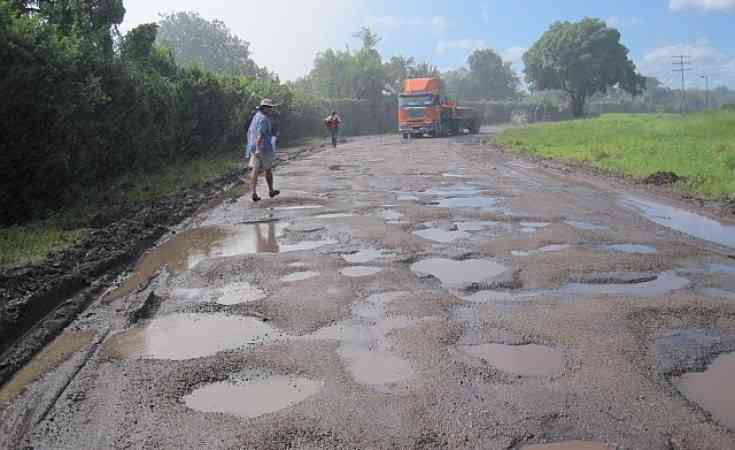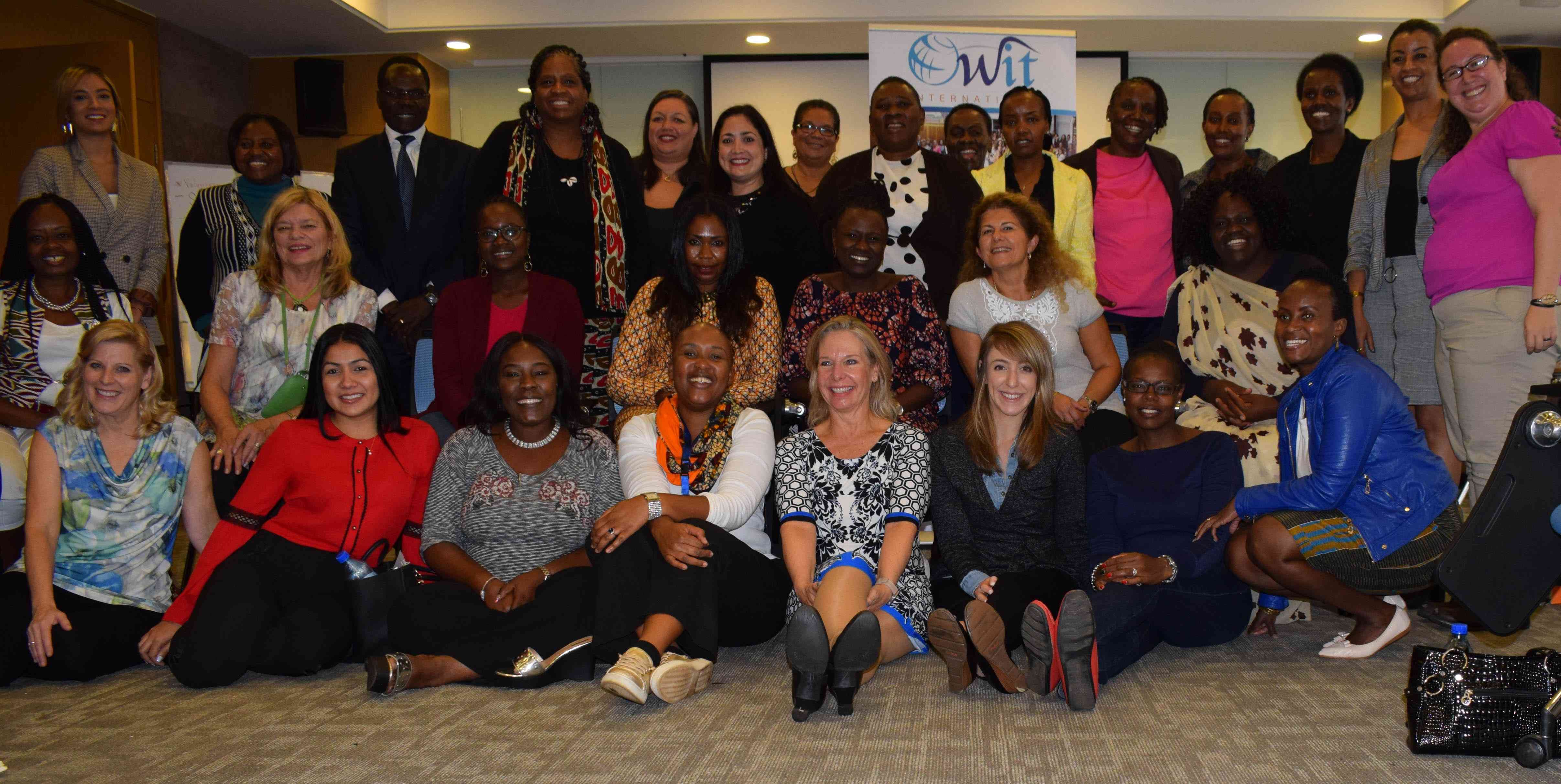
A call to energy consciousness
Zimbabwe finds itself at a turning point in its energy transition. As we journey together toward the realization of Vision 2030, our national strategy for achieving an upper-middle-income economy, there remains an elephant in the room that we can no longer ignore.
That elephant is the domestic misuse of electricity through electric stoves, a silent but devastating contributor to our national energy crisis. As a nation, we have made significant investments in energy infrastructure, but we continue to lose over 200 megawatts of power daily to domestic electric stoves alone.
This is not just a technical issue, it is a matter of national survival, economic productivity, and strategic foresight.
I speak not only as a professional but as a patriot. As the CEO of Power Giants Private Limited, operating in eight African countries, I have seen the transformative power that smart energy policies can have on industry, commerce, and everyday life.
The time is now, Zimbabwe. We must retire electric stoves and embrace gas and solar technologies as the backbone of our future energy matrix.
The hidden cost of electric stoves
Electric stoves, though common in households, are energy guzzlers of the highest order. They are the equivalent of running several industrial machines in one home, every day.
- Mavhunga puts DeMbare into Chibuku quarterfinals
- Bulls to charge into Zimbabwe gold stocks
- Ndiraya concerned as goals dry up
- Letters: How solar power is transforming African farms
Keep Reading
When multiplied across thousands of households, the impact is catastrophic. In fact, up to 40% of the electricity that should be powering our factories, schools, hospitals, and irrigation systems is being consumed by these inefficient appliances in our homes.
What’s worse, this is happening in a country where load shedding continues to disrupt productivity and quality of life.
Let us call it what it is: electric stoves are an enemy of national progress. They are the incandescent bulbs of the modern era, outdated, wasteful, and entirely incompatible with a sustainable future.
Global best practices: A lesson in discipline
In many developed countries, the use of electric stoves is not just discouraged, it is banned outright. Why? Because these nations understand that energy is the engine of economic growth. They have chosen to prioritise industry, innovation, and infrastructure over domestic inefficiency.
In these nations, gas and solar energy are the norm, not the exception. They have embraced smart energy systems, automated meters, prepaid gas, and decentralized solar networks, because they understand that energy discipline is national discipline.
Zimbabwe must follow suit. We must enact a national policy that bans the use of electric stoves for cooking and heating.
This is not just about saving power; it is about redirecting our energy toward productivity, job creation, and national development.
Smart cities begin with smart energy
If we are serious about building Smart Cities, then energy infrastructure must be at the core of our masterplans.
For cities like Mutare, Masvingo, Bindura, Marondera, and Chivhu, the introduction of prepaid gas meters provides a golden opportunity to leapfrog into a smarter, cleaner energy future.
These cities, less densely populated and more adaptable, offer the perfect testbed for pilot projects. Investors are ready. Technology is available. The only missing ingredient is political will and coordinated action. Let us transform these cities into models of smart gas-powered communities. Let them show the rest of the nation, and the continent, what is possible when vision meets action.
For our major cities like Harare, where the demand for electricity stands at 650MW, the potential for savings is immense. By phasing out electric stoves and heaters, we can reduce this demand to 400MW, a massive 38% drop. Imagine what industries could do with that reclaimed energy.
A vision for every home: Gas and solar gadgets
The energy future I envision for Zimbabwe is not one of sacrifice, but one of smart abundance. In every home, we should find:
- Gas stoves that are efficient and affordable.
- Gas heaters for safe, clean warmth.
- Gas generators that provide reliable backup power.
- Solar geysers that harness our abundant sunlight.
This is not science fiction; it is science and policy working hand in hand. With one of the largest natural gas reserves in the Zambezi basin, Zimbabwe is not only capable of this transition, it is destined for it.
Let us tap into our gas wealth, not just for export, but for domestic empowerment. Let us turn our kitchens and homes into hubs of smart energy use. Let us become the first Southern African country to fully transition from electric stoves to gas within a decade.
Safety and innovation: The prepaid gas revolution
One of the common concerns about gas technology is safety. But let me be clear: today’s gas systems are safer than ever before.
With prepaid gas meters and centralised pump stations, there is no need for hazardous tanks in backyards or kitchens.
Through prepaid technology, usage can be monitored, refills can be automated, and risks can be minimised. In fact, I envision a future where no household ever runs out of gas, because the system itself is smart enough to know when to replenish. Even in the absence of sunlight, especially during the night, gas can provide stable backup power, ensuring that no home or business is left in the dark.
From pain to purpose: Turning load shedding into opportunity
Load shedding has become a symbol of frustration and stagnation. But what if we could turn that pain into purpose? What if we used this moment to restructure our energy consumption from the ground up?
By reducing domestic demand through the phasing out of electric stoves, we can increase supply to productive sectors, attract foreign investment, and create thousands of jobs in the renewable energy and gas industries.
This is not just an energy strategy; it is an economic transformation model.
A nation that chooses discipline, wins
Zimbabwe is a blessed nation. From platinum to lithium, from solar rays to gas reserves, we are rich beyond measure. What we need now is discipline, vision, and leadership.
As an energy expert with decades of experience across Africa, I can assure you: the countries that rise are those that manage their energy wisely. They prioritise efficiency over convenience, progress over comfort, and policy over politics.
Let us be counted among them.
Let us say no to electric stoves and yes to a smarter, safer, and more sustainable energy future.
Let us put our house in order, because the house is Zimbabwe, and its future is in our hands.
- Engineer Edzai Kachirekwa CEO, Power Giants Private Limited. Energy transformation strategist, high voltage specialist and clean energy advocate.











